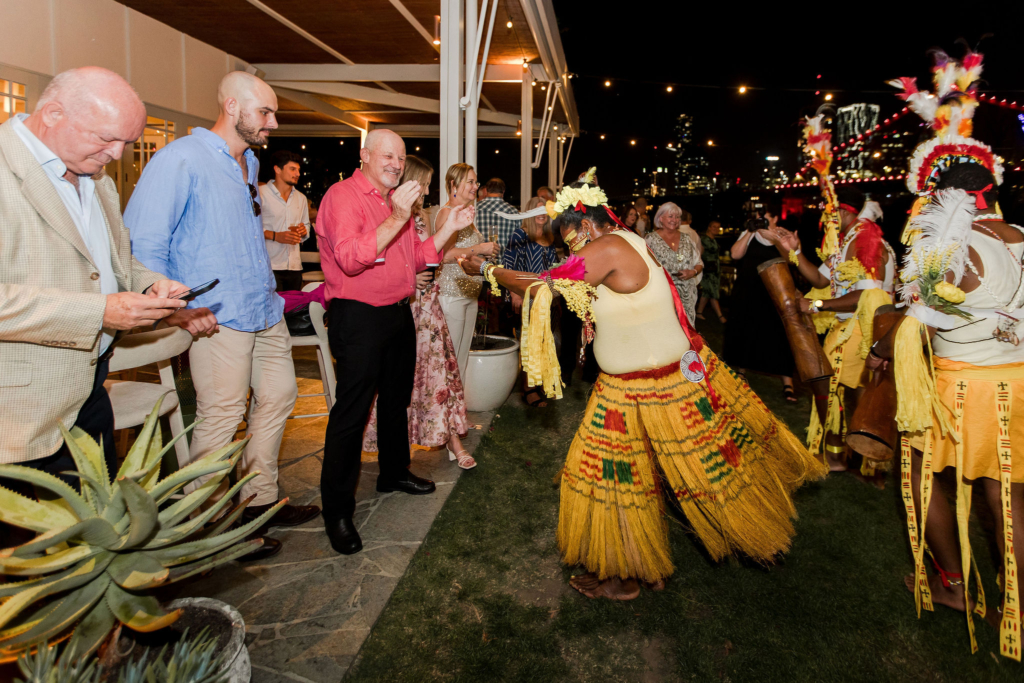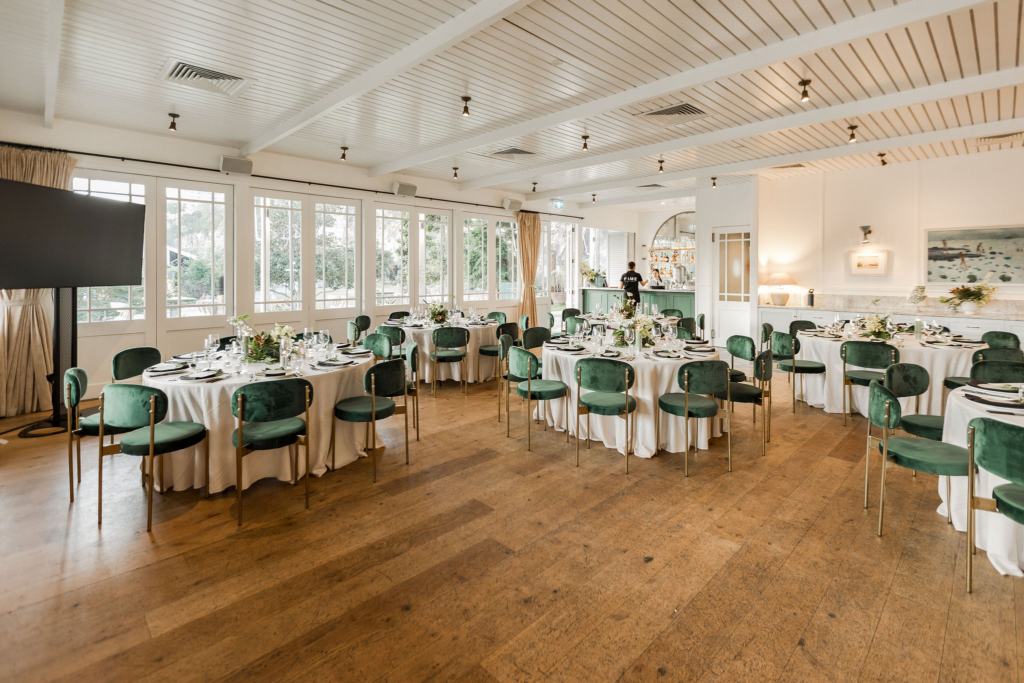With so much to organise, do and plan for events, it is easy to miss crucial details and make mistakes.
We often hear of things going wrong or steps being missed. It’s really easy to get caught up in all the excitement and potential of your new event without taking the time to plan and understand why you are actually doing the event in the first place.

Here are our top 5 common mistakes we see clients make:
1. Failing to plan
Whilst event planning is all about planning, it’s important to have a brief in place before you actually start planning. The biggest pitfall here is not understanding and identifying why the event is even taking place, which means there is no clear pathway forward for the entire event planning journey.
It’s very tempting to just get started, book a venue, and put your ticket sales up and see what happens, but ensuring there is a plan in place will set you up for a more successful event.
How to avoid it
- Start by identifying a clear goal or objective for the event, and understanding what a successful event looks like. This is often done by identifying clear goals, and then setting KPI’s around the goals to measure the success against later.
- Create a detailed timeline with milestones so it is clear what needs to be done, why, and by whom.
- Establishing a realistic budget to work off helps to set expectations for the planning of the event, so you don’t go out of budget before your event starts to plan.
2. Underestimating the budget
Like anything in life, we often underestimate the budget and then see the blowouts down the line, when in reality, the budget was never realistic to start with.
How to avoid it
- Speak to others who have already run the event or something similar and understand what their budget looked like.
- Research the event type, and understand where others have found blow outs they were not prepared for.
- Allocate a 20-30% contingency fee into your budget for unforeseen elements that pop up while you are planning. These are inevitable in any project.


3. Neglecting the guest experience
Another common event planning mistake that is made, is neglecting the overall experience of guests. It’s very easy to get narrowed into focusing on ensuring the budget isn’t blown and the objectives are achieved so that the guests don’t end up enjoying the event.
It’s easy to get so focused on making sure that you get sales on the day that the process becomes so forced and rigid that no one actually buys anything on the day.
How to avoid it
- Ensure you provide clear and effective communication to all guests pre-, during, and after the event. Don’t leave them wondering simple questions like where to park, when you can easily answer this question.
- Customise the flow of the event and think about what will work well from a guest’s perspective when they arrive. Sure, your flow may logistically make sense, but no one wants to sit around waiting for hours to check-in.
- Ensure the venue ticks the boxes for venues – can it cater to all the dietary requirements, can it cater to the accessibility needs, does it have utilities nearby that are required.

4. Underestimating communication
Communication can make or break an event; forgetting to communicate simple elements of an event can result in a failed event, and likewise, ensuring everyone is updated regularly will help to ensure a smooth and stress-free event.
How to avoid it
- Clearly outline roles and responsibilities for everyone involved, including your planning team and the external suppliers.
- Ensure you factor regular work in progress and check-in meetings with your planning team and all the suppliers required.
- Use a project management tool or software when there are many stakeholders involved so everyone is clear on the status.

5. Not having a backup plan
No matter how hard we try, and all the planning we do, inevitably, things crop up at an event, suppliers go missing, the rain starts pouring or the fridge dies. It’s imperative to have backup plans for some elements and be able to develop quick solutions for other issues.
How to avoid it
- Have a backup list of suppliers you can call upon if someone gets sick, breaks down or cannot make the event.
- Stay calm and understand you will find a solution, it just may not be the first pick of the solutions.
- Identify potential clear issues ahead of time – if you’re doing an outdoor event, it could rain – so identify a backup dry solution sooner rather than later.


Overall, event planning has so many elements to it that often get forgotten about and over looked. A good event planner will do many of these things behind the scenes without you even knowing it is happening.
The benefit of hiring an external event planner is we have seen each of these mistakes time and time again and know exactly how to prevent them before they even happen. If you’re worried, some of these may crop up in your event planning journey, why not reach out, and we can have a chat about them?